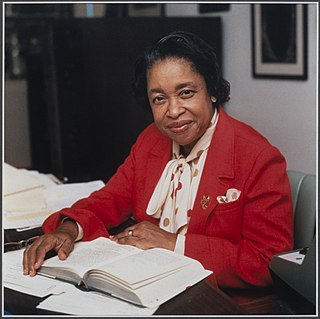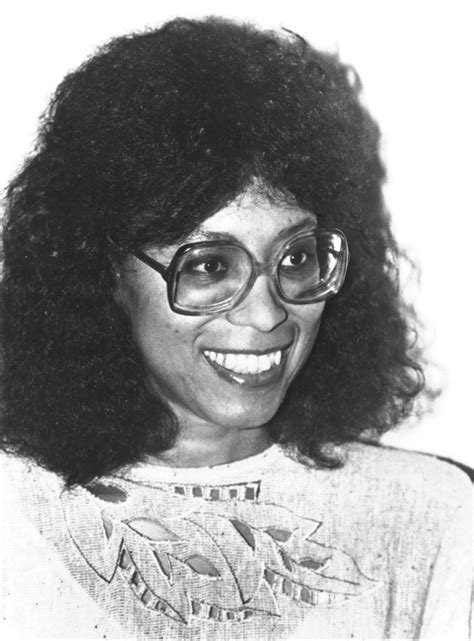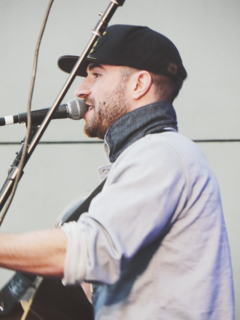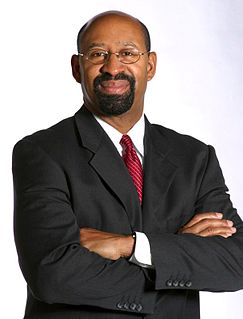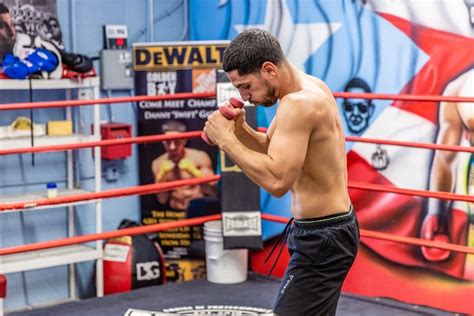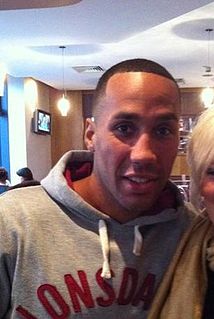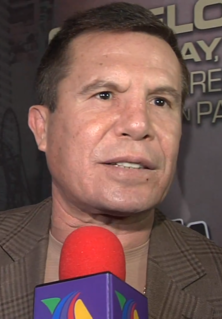A Quote by Joe Frazier
I know my destiny. I was born into animosity, bigotry and hatred. We had water for white folks, and water for coloured folks. White lines, black lines. I came from Beaufort in South Carolina, and it was tougher than Georgia, Alabama and Mississippi.
Related Quotes
I have dear friends in South Carolina, folks who made my life there wonderful and meaningful. Two of my children were born there. South Carolina's governor awarded me the highest award for the arts in the state. I was inducted into the South Carolina Academy of Authors. I have lived and worked among the folks in Sumter, South Carolina, for so many years. South Carolina has been home, and to be honest, it was easier for me to define myself as a South Carolinian than even as an American.
White folks have controlled New Orleans with money and guns, black folks have controlled it with magic and music, and although there has been a steady undercurrent of mutual admiration, an intermingling of cultures unheard of in any other American city, South or North; although there has prevailed a most joyous and fascinating interface, black anger and white fear has persisted, providing the ongoing, ostensibly integrated fete champetre with volatile and sometimes violent idiosyncrasies.
All B.S. aside, it all comes down to... we got to survive. I mean, even warriors put their spears down on Sundays. We got to survive here in this country... 'cause I'm not going back to Africa. We got to survive here. And for us to survive here-White folks, Black folks, Korean folks, Mexican folks, Puerto Ricans-we got to understand each other.
Each of these lines attempts to serve a portion of our population for which we extend our sympathy and encouragement. But nevertheless, it is only a small portion of South Carolina's chronically ill or abused. Overall, these special add-on lines distract from the agency's broader mission of protecting South Carolina's public health.




